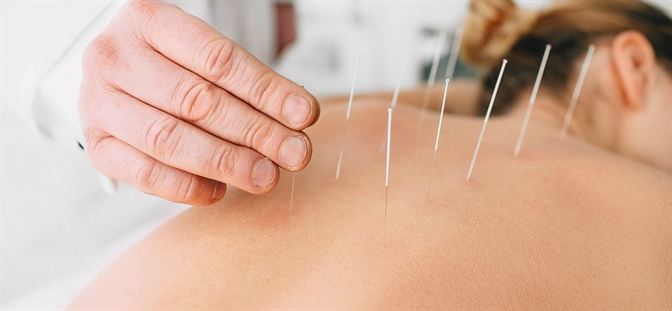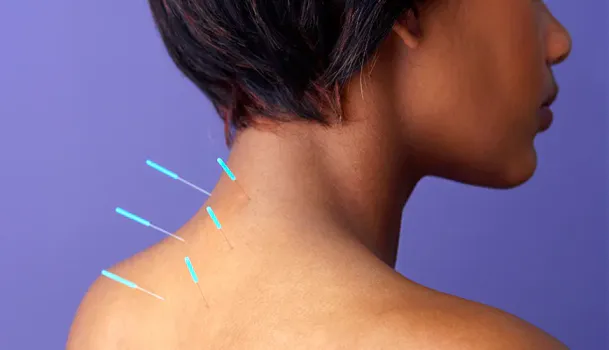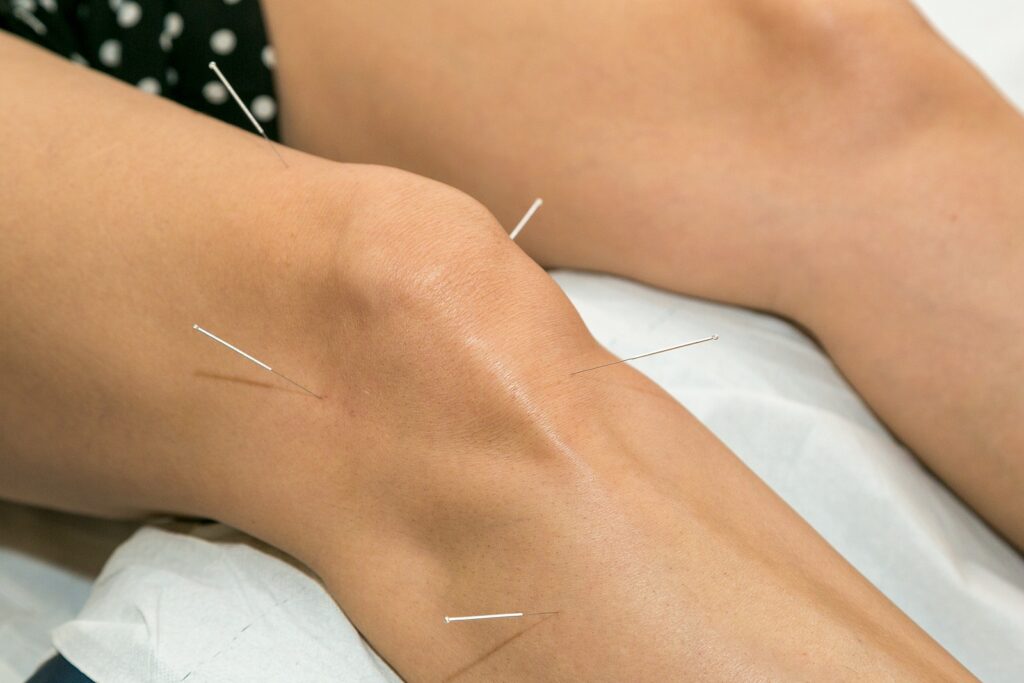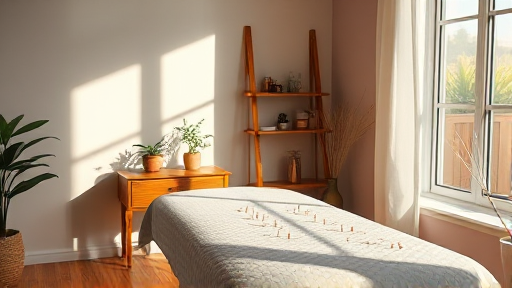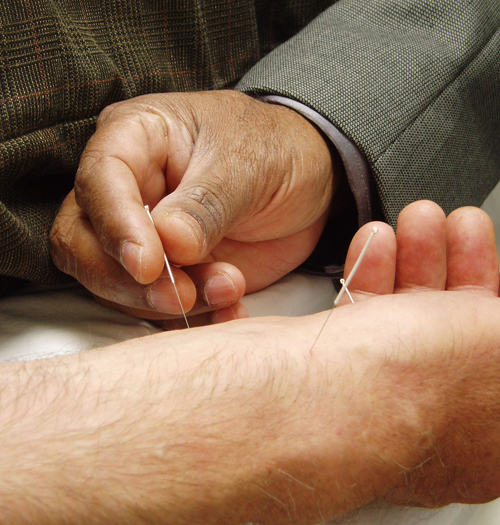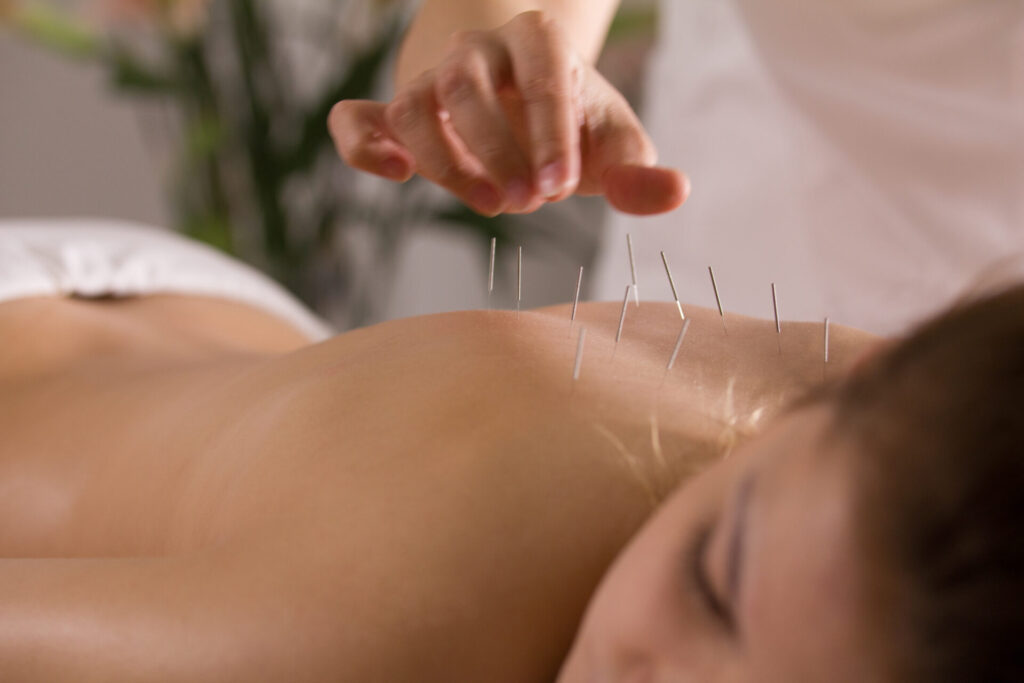
Are you curious about trying acupuncture for the first time? Finding quality “acupuncture near me” doesn’t have to feel overwhelming. This ancient healing practice has helped millions find relief from pain and improve wellness. Your first acupuncture visit marks the beginning of a potential healing journey. This comprehensive guide will walk you through everything you need to know before your appointment.
How Can I Get Into the World of Acupuncture Near Me?
What Is Acupuncture and How Does It Work?
The Ancient Origins of Acupuncture
Acupuncture originated in China over 2,500 years ago. It remains a cornerstone of Traditional Chinese Medicine (TCM). Practitioners believe that health depends on the balanced flow of qi (energy) through pathways called meridians. When this energy becomes blocked, illness or pain may result.
The Science Behind the Needles
Modern research suggests acupuncture stimulates the nervous system. This stimulation may trigger the release of natural painkillers. It can also promote blood flow and activate the body’s healing responses. Western medicine increasingly recognizes acupuncture as a complementary therapy for many conditions.
Common Reasons People Seek Acupuncture Near Me
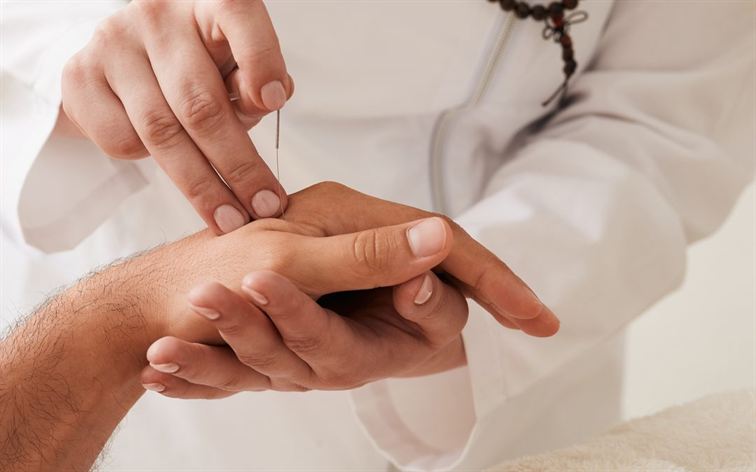
Pain Management and Relief
Acupuncture shows promising results for treating various types of pain. This includes:
- Chronic back and neck pain
- Arthritis and joint discomfort
- Headaches and migraines
- Post-surgical and injury-related pain
- Menstrual cramps and discomfort
Beyond Pain: Other Conditions Treated
Acupuncture addresses more than just physical pain. Many people find relief from:
- Stress, anxiety, and depression
- Insomnia and sleep disturbances
- Digestive issues like IBS and nausea
- Allergies and sinus problems
- Fertility concerns and pregnancy discomfort
Finding the Right Acupuncturist Near You
Credentials Matter
When searching for “acupuncture near me,” check for proper credentials. Most states require acupuncturists to be licensed. Look for practitioners with NCCAOM certification. This ensures they’ve met national standards for education and testing.
What to Consider When Choosing
Find an acupuncturist who makes you feel comfortable. Read online reviews from previous patients. Consider their experience with your specific condition. Location and office hours should also fit your schedule and needs.
Before Your First Acupuncture Visit: Preparation Tips
The Day Before Your Appointment
Proper preparation can enhance your first acupuncture experience. Avoid alcohol and limit caffeine 24 hours before treatment. Eat a light meal one to two hours before your appointment. Wear loose, comfortable clothing that can roll up past elbows and knees.
What to Bring to Your First Visit
Prepare a list of all medications and supplements you take. Bring your medical history and any relevant test results. Have your insurance information ready if your policy covers acupuncture. Arrive 15-20 minutes early to complete paperwork.
What to Expect During Your First Acupuncture Session
The Initial Consultation
Your first visit begins with a comprehensive health assessment. The acupuncturist will ask about your medical history and specific concerns. They may check your pulse at different positions on your wrist. They might also examine your tongue’s shape, color, and coating.
The Treatment Experience
The acupuncturist will have you lie on a treatment table. They’ll insert thin, sterile needles at specific points. Most people feel minimal sensation during insertion. You might experience a dull ache or tingling feeling. This signals the activation of the point.
How Long Does Treatment Take?
Expect to spend 60-90 minutes at your first acupuncture visit. The initial consultation takes about 30 minutes. The actual treatment lasts about 20-40 minutes. The needles remain in place while you rest quietly. Many people find this deeply relaxing.
Common Questions About Your First Acupuncture Visit
Does Acupuncture Hurt?
Acupuncture needles are extremely thin—much finer than medical needles. Most people feel minimal discomfort during insertion. Some points may produce a brief pinching sensation. This quickly subsides into a dull pressure or tingling feeling.
How Many Sessions Will I Need?
Treatment plans vary based on your condition and health goals. Acute issues might resolve in 2-4 sessions. Chronic conditions typically require 6-12 treatments. Your acupuncturist will recommend a schedule after your first visit.
Is Acupuncture Safe?
Acupuncture is generally safe when performed by a licensed practitioner. They use sterile, single-use needles to prevent infection. Side effects are minimal and temporary. These may include minor bruising or soreness at needle sites.
After Your Acupuncture Treatment: What to Expect
Immediate Post-Treatment Effects
Many people feel deeply relaxed after acupuncture. Some experience immediate relief from symptoms. Others notice subtle changes in body awareness. Occasionally, symptoms may temporarily worsen before improving. This is usually a positive sign.
Self-Care Between Sessions
Maximize your treatment benefits with proper self-care. Stay hydrated by drinking plenty of water. Avoid strenuous exercise for 24 hours after treatment. Pay attention to how your body responds. Note any changes to discuss at your next visit.
The Cost and Insurance Coverage for Acupuncture
Typical Pricing for Acupuncture
The cost of acupuncture varies by location and experience level. Initial consultations typically range from $75 to $150. Follow-up sessions usually cost $50 to $120. Many practices offer package discounts for multiple sessions.
Insurance and Payment Options
More insurance companies now cover acupuncture for certain conditions. Check your policy before scheduling your first visit. Many acupuncturists offer sliding scale fees or payment plans. Some practices accept HSA and FSA payments.
Complementary Practices to Enhance Your Acupuncture Results
Chinese Herbal Medicine
Your acupuncturist may recommend herbal formulas to support your treatment. These customized combinations address your specific pattern of disharmony. Always inform your primary care doctor about any herbs you take.
Lifestyle and Dietary Adjustments
TCM views food as medicine. Your acupuncturist might suggest dietary changes based on your condition. They may also recommend stress reduction techniques. These could include qigong, tai chi, or meditation practices.
What Steps Can I Take to Benefit From Acupuncture Near Me?
Trying acupuncture marks an important step in your health journey. Now that you know what to expect, finding “acupuncture near me” feels less intimidating. Remember that healing takes time and consistency. Listen to your body and communicate openly with your practitioner.
Ready to experience the benefits of this ancient healing art? Schedule your first acupuncture visit today. Your body and mind will thank you for this investment in your wellbeing. The path to better health awaits—one tiny needle at a time.
Tags: acupuncture near me, acupuncture benefits, first acupuncture session, tcm, holistic healing, pain management
Categories: Acupuncture, Wellness, Chinese Medicine
